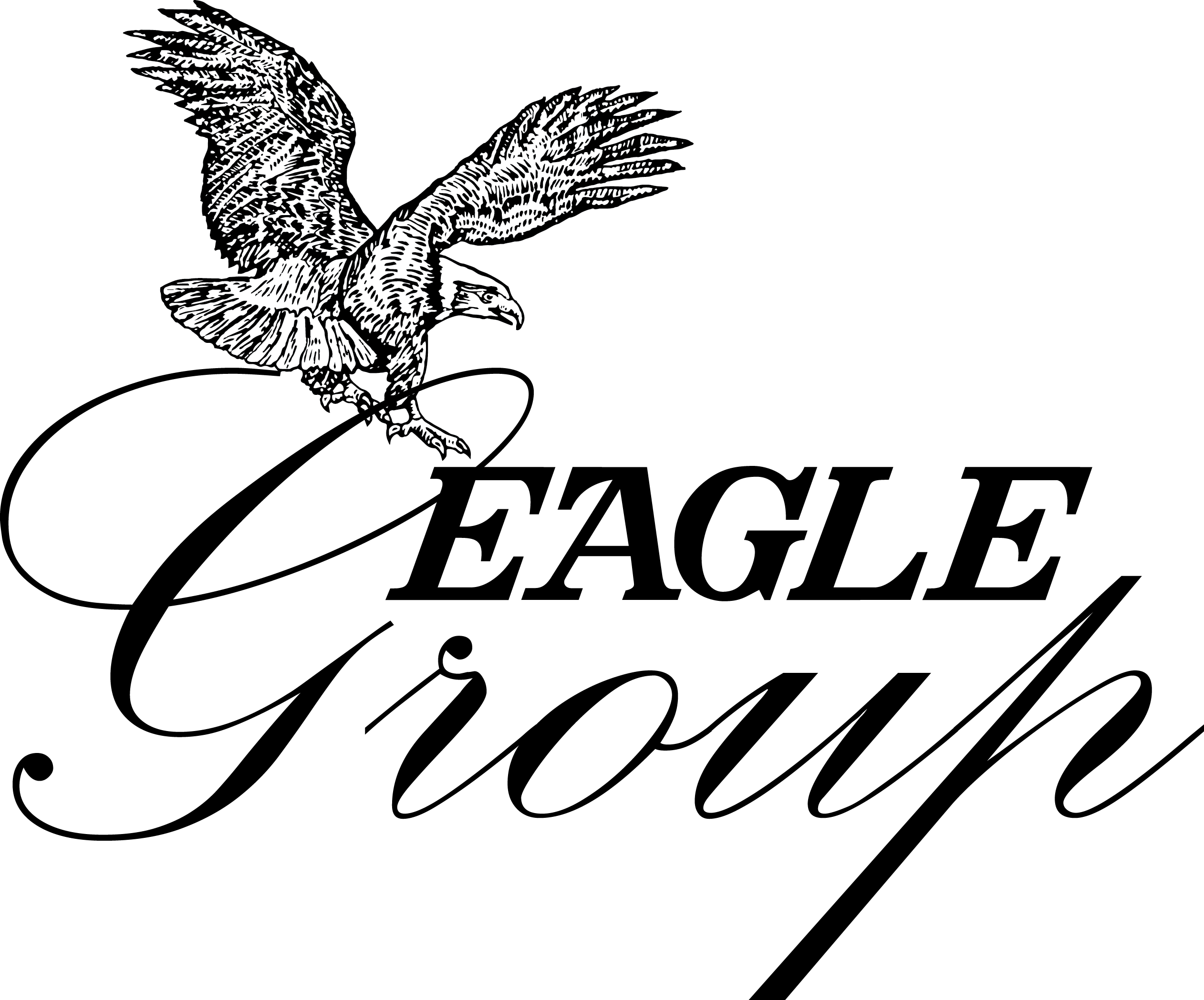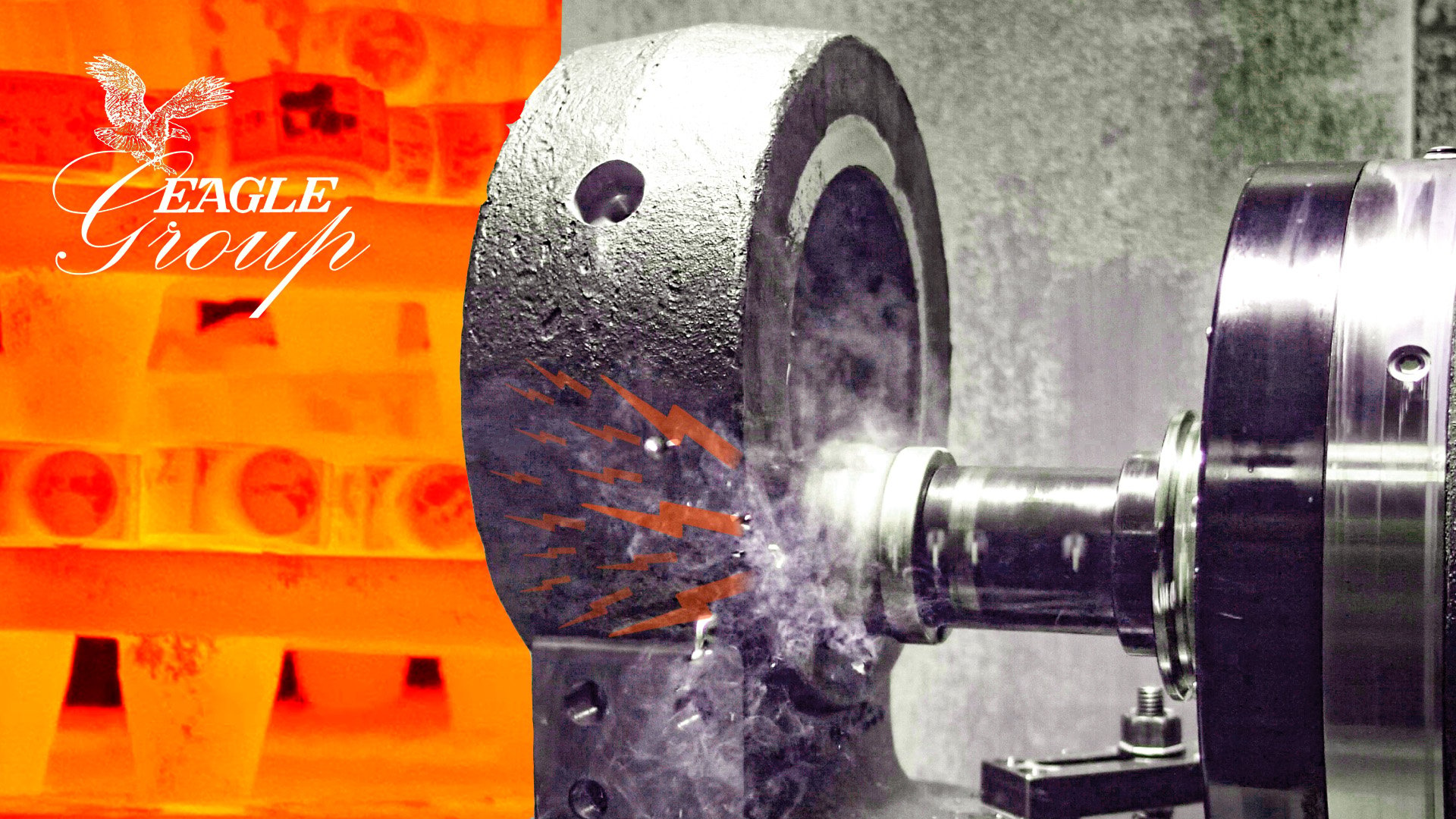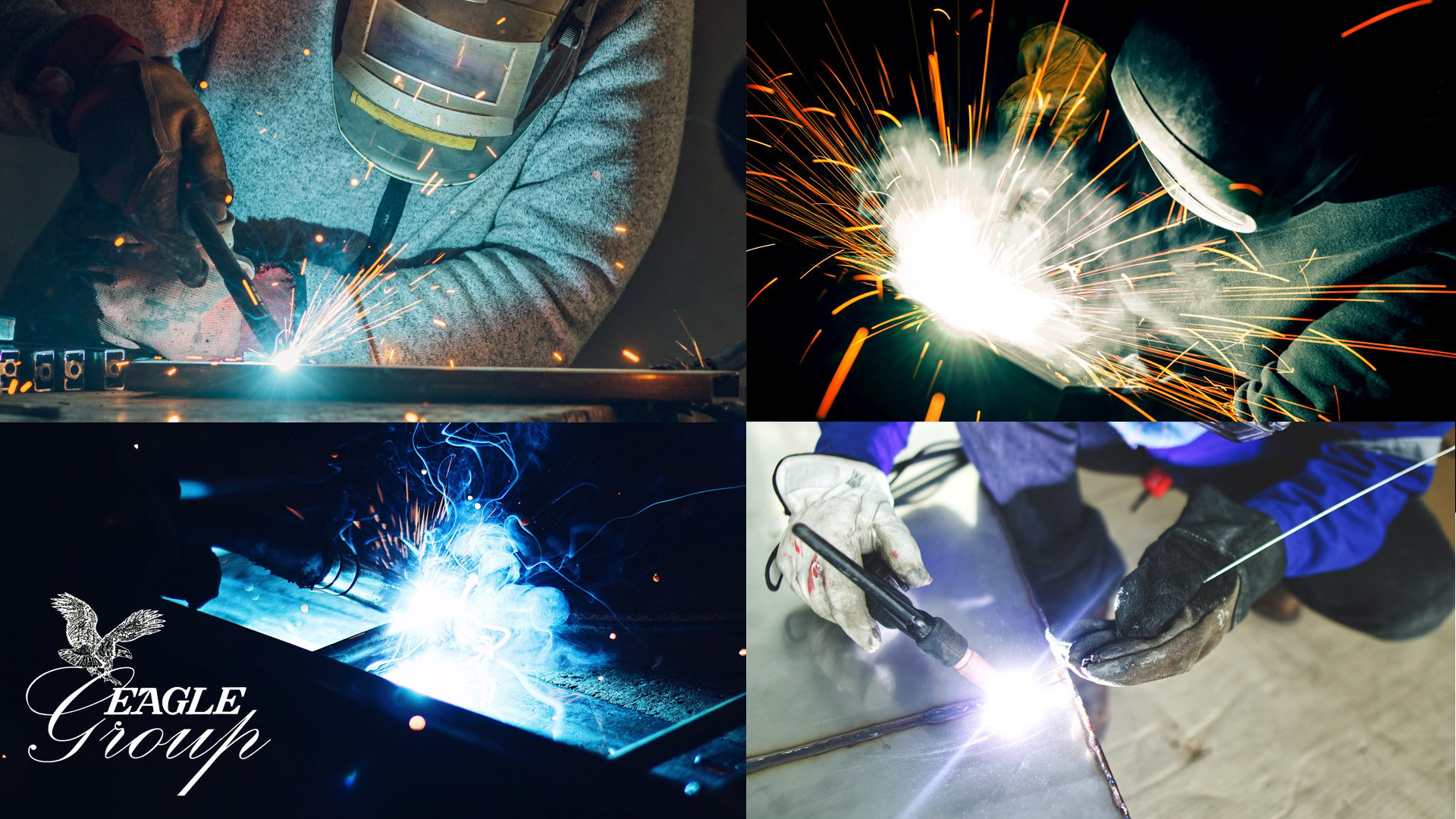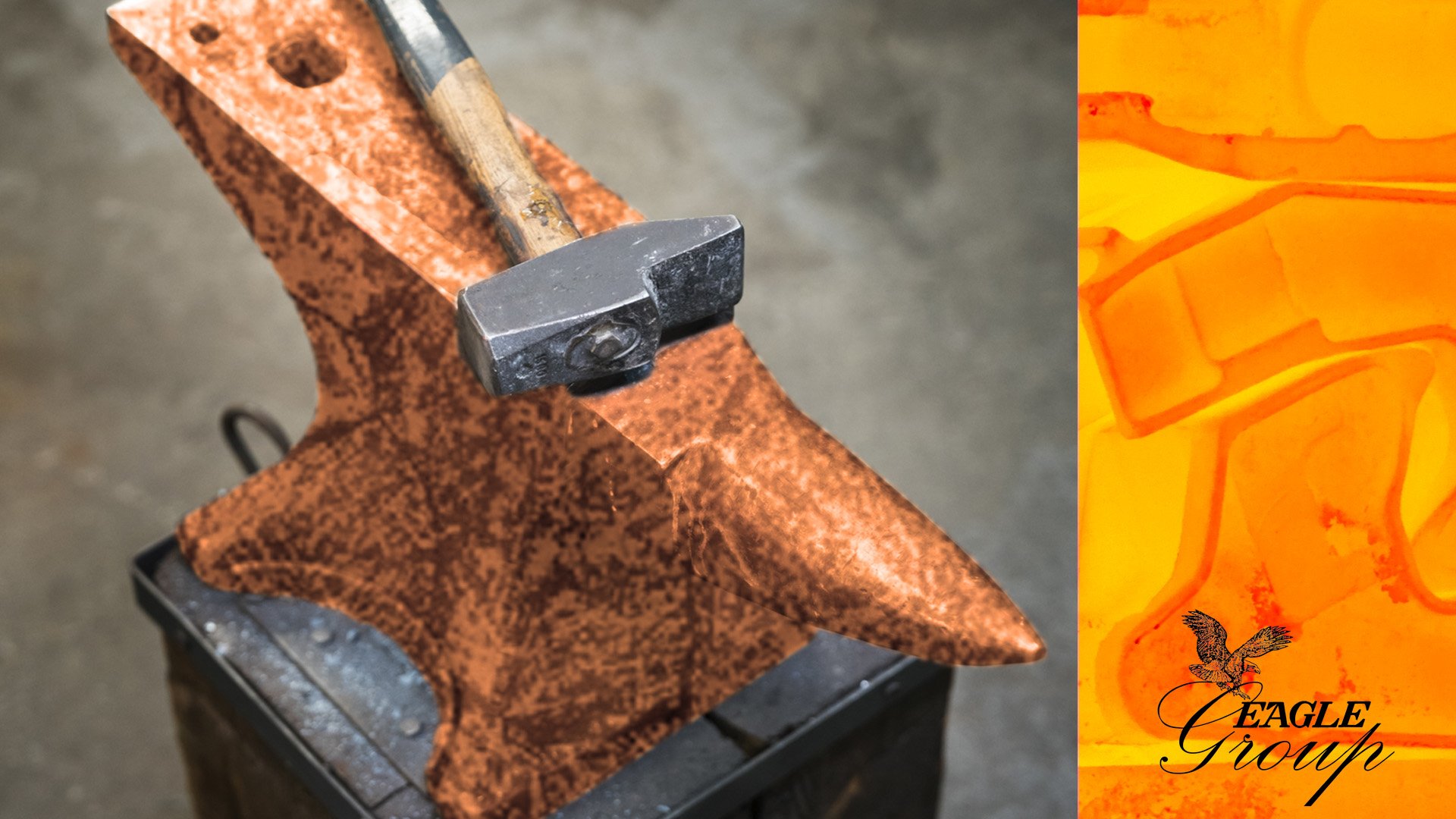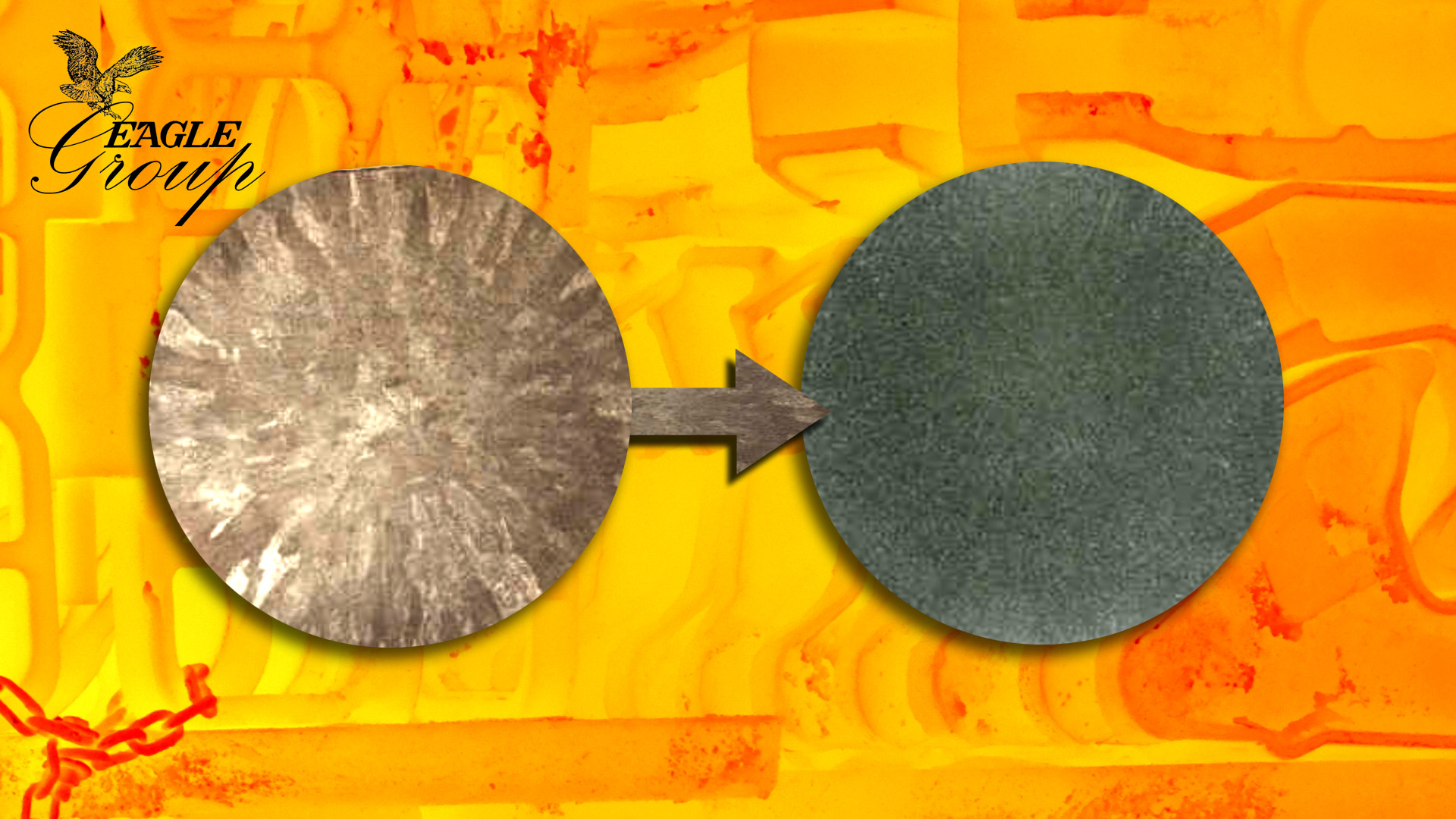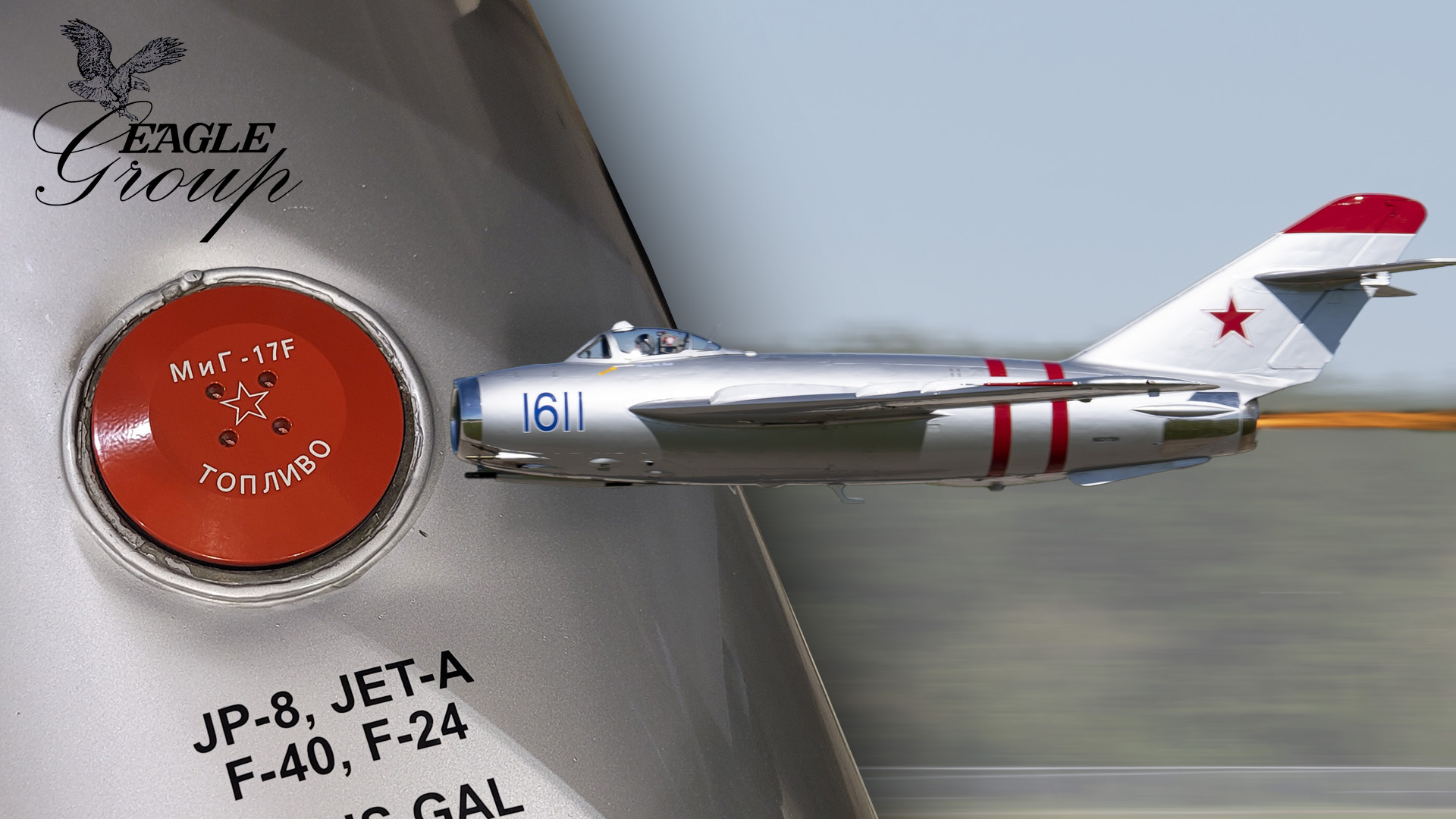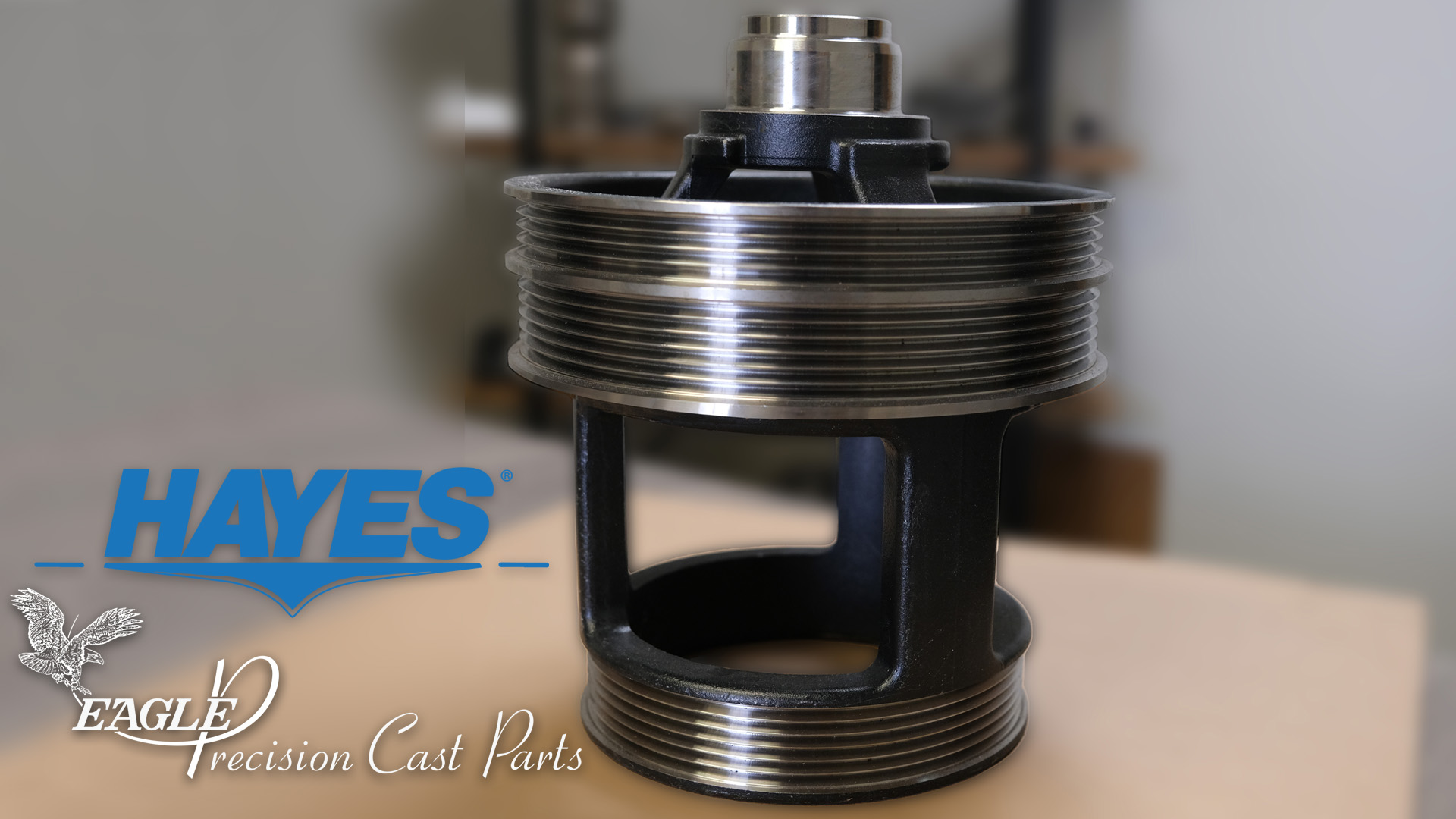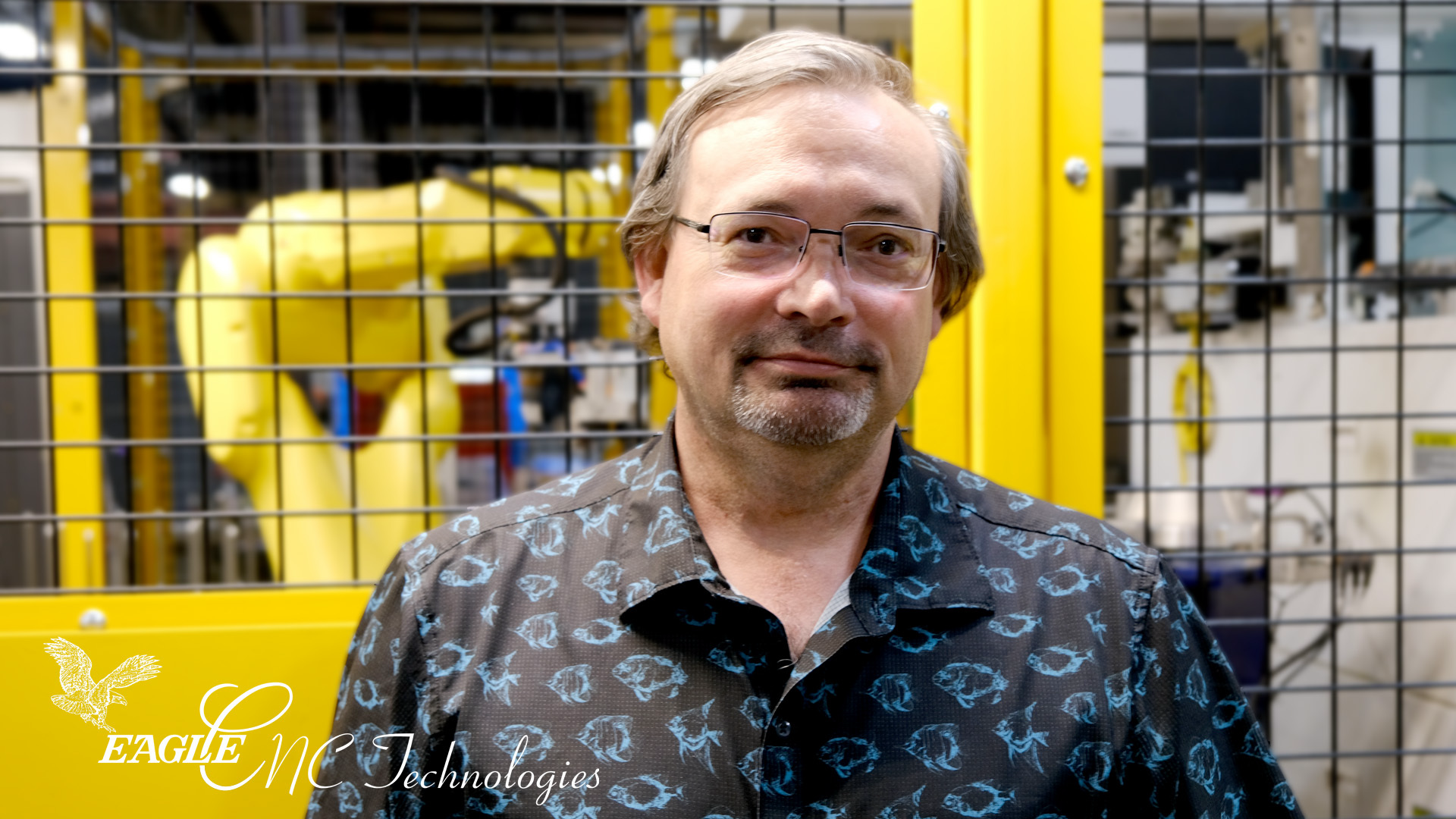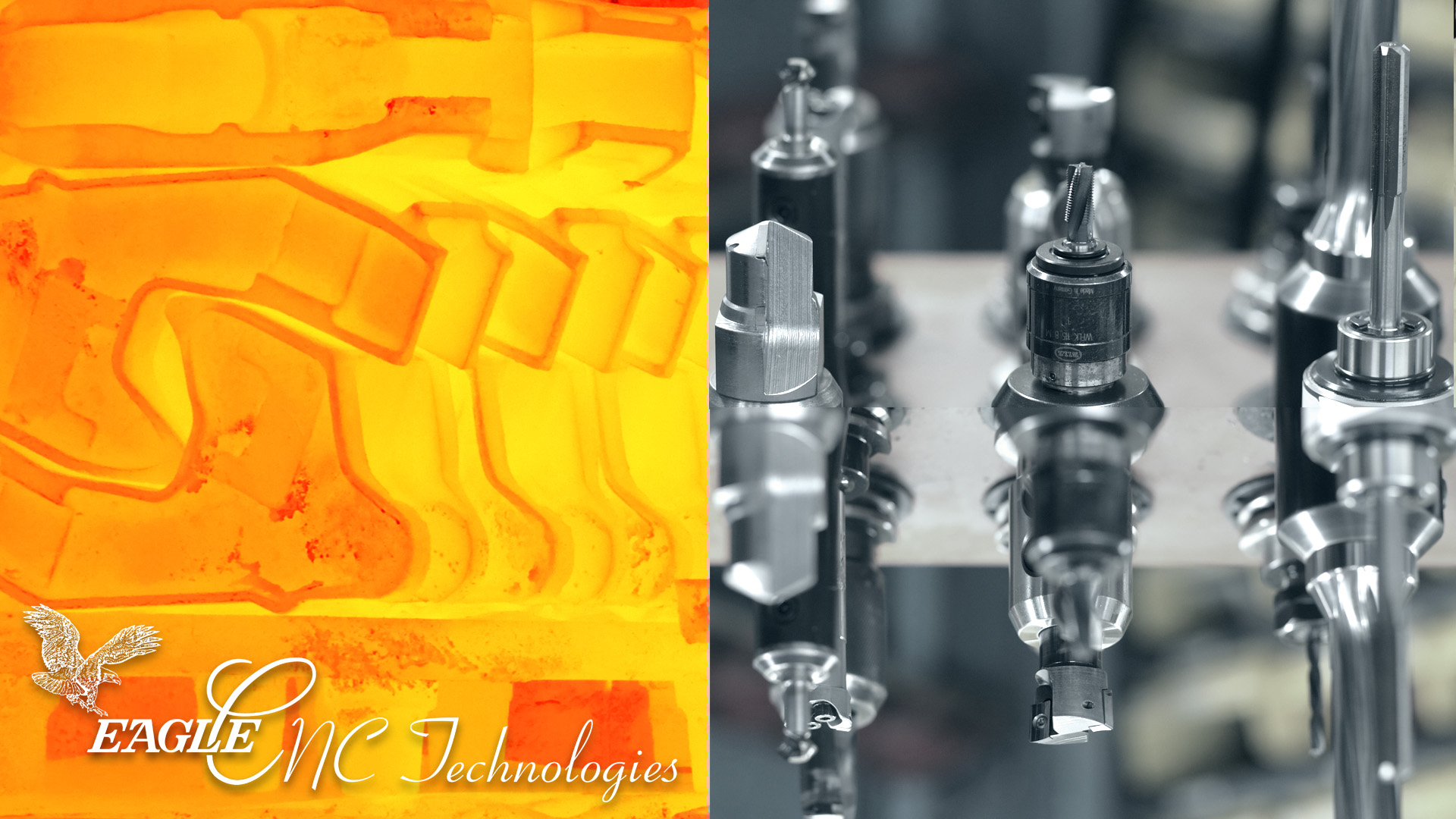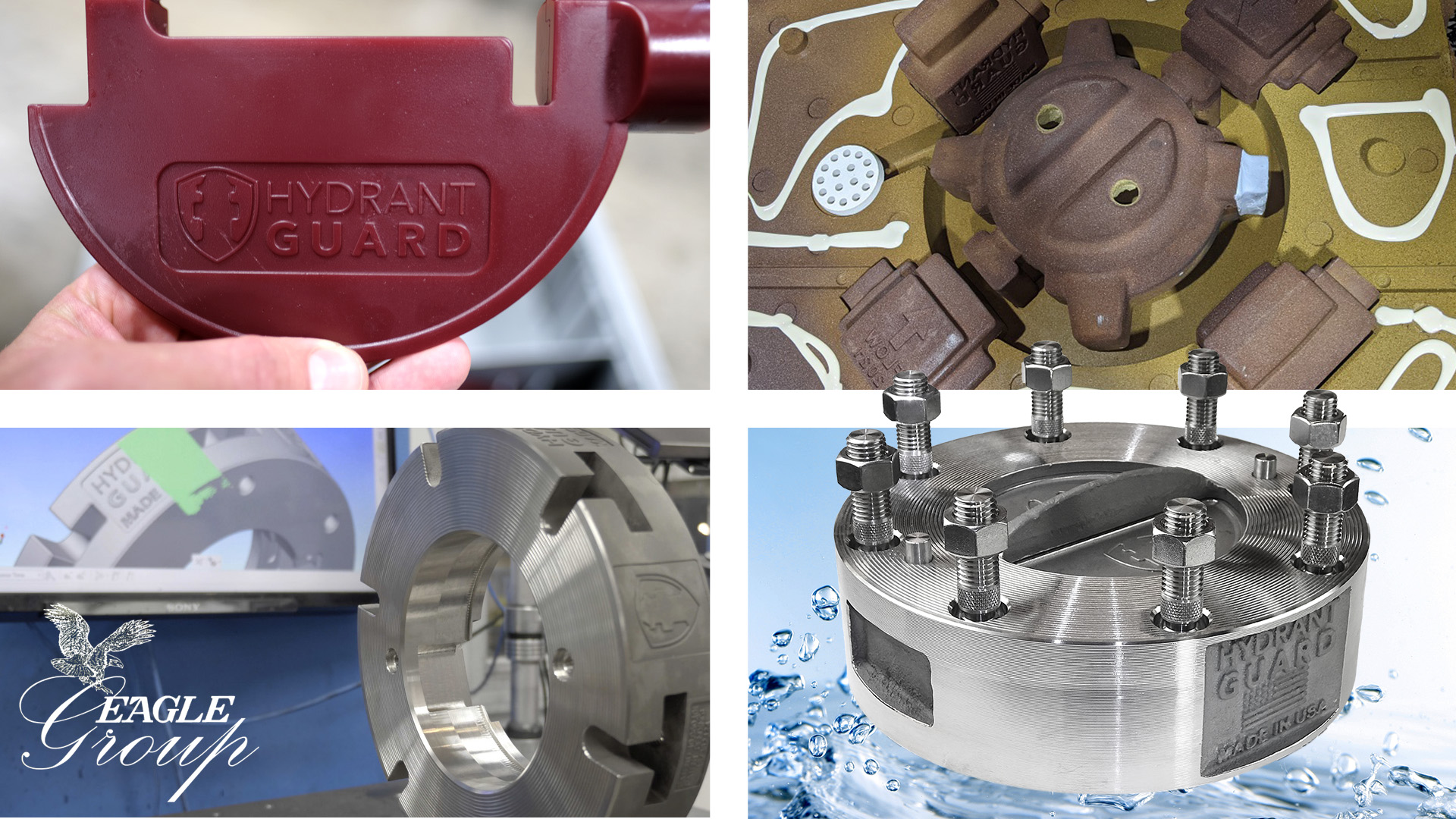Heat Treatment: Stress Relief
Internal stresses form naturally during many manufacturing processes. Machining, stamping and welding, for example, are common manufacturing methods that augment the amount of stress in a material’s fabric. And although stress build-up is a natural byproduct of these processes, too much of it leads very commonly to part distortion. Most of these stresses must therefore be removed before a part can be considered ready and safe to use. Thanks to heat treatment, these stresses can be relieved (without changing a part’s mechanical properties) through a thermal process known as stress relieving.
Tags: Processes, Metallurgy, Heat Treatment
Metal Properties: Weldability
Joining multiple metal parts together into a single, cohesive unit is an indispensable process to manufacturing. Bolts, screws, and adhesives are often used to unite separate parts, but many applications call for a more solid connection. Thanks to the craft of welding, manufacturers are able to effectively create a single part from multiple components. Casting facilities are also able to use welding to repair minor casting defects, improving overall process efficiency and reducing part cost.
Understanding the weldability of various alloys is key to creating welds that last and parts that perform in the field. As a mechanical property, weldability is also an important consideration in designing and producing cast parts.
Tags: Welding, Metallurgy, Metal Properties, Mechanical Properties
Heat Treatment: Hardening
Hardening a metal achieves much more than simply making it mechanically harder. It also improves strength, making the alloy more resistant to plastic deformation, and can aid with corrosion resistance. However, a harder metal is also often a more brittle metal. As such, hardening is usually just one part of a properly designed heat treatment plan.
Because hardening can be accomplished through numerous heat treatment strategies, it’s important to know what options are available to a casting customer, how the methods differ, and where hardening fits into the master plan.
In this article, we’ll explore the science and practice of hardening, and explain when conditions are appropriate for a particular hardening strategy. Whether you’re working with the Eagle Group or another metal manufacturer, hardening is an important step in manufacturing, so it’s good to know the basics.
Tags: Processes, Metallurgy, Heat Treatment
Heat Treatment: Normalizing
Normalizing is one of the most common heat treatments used in manufacturing carbon steel. It is a vital process to ensure that the mechanical and physical properties of a carbon steel workpiece are integrated and distributed uniformly across the material.
In steelmaking, material uniformity is achieved by carefully controlling a casting’s microstructure – specifically, its grains. Grains are distinct areas of crystal structures oriented in the same direction. Multiple grains together make up a metal’s structure. The goal of normalizing is to target these grains in order to even out the differences between them, resulting in a more mechanically stable product. It’s for this reason that the process is named as such: it ‘normalizes’, or homogenizes, grain size, shape, and orientation.
Tags: Processes, Metallurgy, Heat Treatment, Normalizing
Keeping Castings Made in America: Supporting the American Foundry Industry through Entrepreneurship
The Eagle Group is a team of manufacturing companies based in Muskegon, MI, made up of three foundries and a machine shop. Eagle Alloy, Eagle Aluminum, Eagle Precision and Eagle CNC are connected through common ownership and through common goals: while each company occupies its own niche, they often work together to provide “concept to completion” manufacturing. Beyond these four companies, Eagle Group’s owners also have stakes in OEM companies that utilize the Eagle Group’s services, but occupy altogether different spaces in the manufacturing world.
Tags: Case Study
Miracle in Muskegon: How the Eagle Group Replicated a MiG 17F Fighter Jet Fuel Cap in Two Days
When a star jet pilot had a missing fuel cap at the Muskegon Air Show, the Eagle Group stepped in to replicate the part in less than 48 hours.
Wings Over Muskegon took place in July, 2023 at the Muskegon County Airport. This interactive aviation experience was a revamped version of the Muskegon Air Fair, and marked the first event of its kind held in Muskegon in 17 years. Spectators enjoyed aerial acrobatics, flybys from iconic planes like the B-52 Flying Fortress, and even rides in WWII-era planes and Vietnam-era helicopters. Our very own John Workman, Eagle Group co-chairman of the board, performed at the event with his formation flying team, the Hooligans.
Tags: Case Study
Case Study: Converting a Fully Machined Part to an Investment Casting
Manufacturers are aware of the benefits of machining: trained machine shops can produce complex parts with tight tolerances and all critical surfaces to spec. However, many manufacturers are learning that investment casting can produce cast parts to near-net shape, resulting in a host of benefits.
The machining process is often seen as the only way to manufacture a part with highly demanding specifications. Operating under this assumption, manufacturers sometimes choose to machine default without exploring other options. It’s also common for parts to be ‘over-toleranced,’ meaning they’ve been designed with tighter tolerances than the application actually calls for.
Eagle CNC Technologies Welcomes Jason Clark as New VP/GM of Operations
Eagle CNC Technologies (ECT) is thrilled to announce a new addition to our management team. Jason Clark has joined Eagle CNC as Vice President and General Manager of Operations, a position newly created to support the Eagle Group’s plans for growth.
With more than 27 years of manufacturing experience, Jason has spent his career supporting West Michigan manufacturing. After spending four years in the U.S. Navy performing avionic maintenance for electronic counter measures and comm/nav/radar on EA6B aircraft, he returned to Michigan to work in manufacturing. In 2001, and with experience at two prestigious automotive companies under his belt, Jason joined Port City Group, a Muskegon manufacturer. Here he began in metalcasting as a Quality Systems Manager in Port City’s die casting division, and steadily rose in the ranks to become General Manager for Port City as well as VP of Operations for Michigan Wheel.
Tags: Press Release, Eagle CNC, Employment
Heat Treatment in CNC Machining
In this article, we’ll discuss how experienced machine shops like Eagle CNC think about the complex relationship between heat treatment and machinability. Determining where heat treatment fits into the CNC machining process is a vital consideration for machining parts to net shape quickly and cost-effectively.
Eagle CNC is the Eagle Group’s state-of-the-art machine shop, specializing in CNC machining of both ferrous and nonferrous castings, forgings, bar stock and burn outs. At Eagle CNC, we machine new parts directly from raw stock, or from parts that have been shell cast or investment cast by our sister companies, Eagle Alloy and Eagle Precision. While our workpieces start in a variety of states, nearly every product we machine undergoes heat treatment before delivery.
Tags: CNC Machining, Eagle CNC, Metallurgy, Heat Treatment
Hydrant Guard Case Study: Concept to Completion Manufacturing by The Eagle Group
The Eagle Group is not the kind of manufacturing partner that turns away a challenge. When we were approached with a design that could revolutionize the American water industry, we pulled together our entire suite of knowledge, resources, and experience to turn a brilliant idea into a viable product.
The case of Hydrant Guard demonstrates a strong example of inter-company cooperation between Eagle CNC Technologies, Eagle Alloy, Eagle Precision Cast Parts and our customers. By leveraging the best of what each company has to offer, the Eagle Group was able to take the Hydrant Guard design to the next level, ensuring not only that it would work as required, but that it would stand head and shoulders above competitors.
